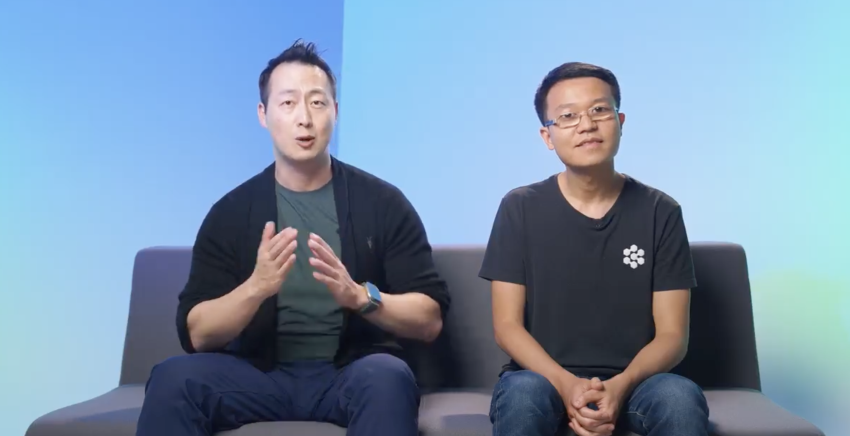The Windsurf Acquisition Drama
Just days after the AI coding startup Windsurf announced its acquisition by Cognition, Jeff Wang, a former leader at the company, took to X to provide more insight into the chaos and uncertainty surrounding the deal. This development comes after earlier reports suggested that Windsurf was in talks with OpenAI, but those discussions ultimately fell through.
Instead, Google DeepMind stepped in, hiring the startup’s CEO Varun Mohan, co-founder Douglas Chen, and some of its top researchers. According to reports, Google would license Windsurf’s technology as part of a $2.4 billion deal, though it would not take an equity stake in the company. This move fits into a growing trend known as “reverse acquihires,” where major tech companies avoid antitrust scrutiny by hiring key team members and licensing their technology rather than acquiring the startups outright.
But what happens to the startups and employees left behind? As discussed on the latest episode of Equity, one founder likened the departing Windsurf executives to a captain abandoning his crew aboard a sinking ship. Wang, who had been Windsurf’s head of business, became the company’s interim CEO after Mohan’s departure. In his post on X, he expressed sympathy for Mohan and Chen, describing them as “great founders” in a difficult situation.
During an all-hands meeting on June 11, most team members were expecting news about the OpenAI acquisition. Instead, they were informed about the Google deal and the resulting departures. The mood was described as “very bleak,” with many upset over financial outcomes or colleagues leaving. Some were in tears, and the Q&A session was notably hostile.
Despite the challenges, Wang believed that Windsurf still had significant assets: its intellectual property, product, and strong talent, including an excellent go-to-market team. He suggested that the company could still raise more money, sell, or continue operating.
That evening, Wang received a call from Cognition executives Scott Wu and Russell Kaplan. He noted that the leadership at Windsurf took the Cognition approach very seriously from the start, launching into negotiations immediately. What followed was a frantic weekend of discussions with Cognition, while also considering interest from other potential acquirers and meeting with remaining engineers to encourage them not to leave. All the while, the timeline was filled with memes and commentary.
Wang argued that the two companies were a good fit due to complementary teams. While Cognition had overinvested in engineering, it had underinvested in go-to-market and marketing, areas where Windsurf excelled. Conversely, Windsurf was missing a core engineering team, which Cognition provided.
Additionally, Wang emphasized that he and Wu were aligned on the need to “take care of all Windsurf employees.” This led to a key part of the deal: structuring it to give a payout to every employee, waive all cliffs, and accelerate vesting for Windsurf equity.
The acquisition agreement was reportedly signed at 9:30 am on Monday morning, announced to the team shortly afterward, and then made public. In an interview with Bloomberg, Wang described the Friday all-hands meeting as “probably the worst day of 250 people’s lives,” followed by Monday as “probably the best day.”
